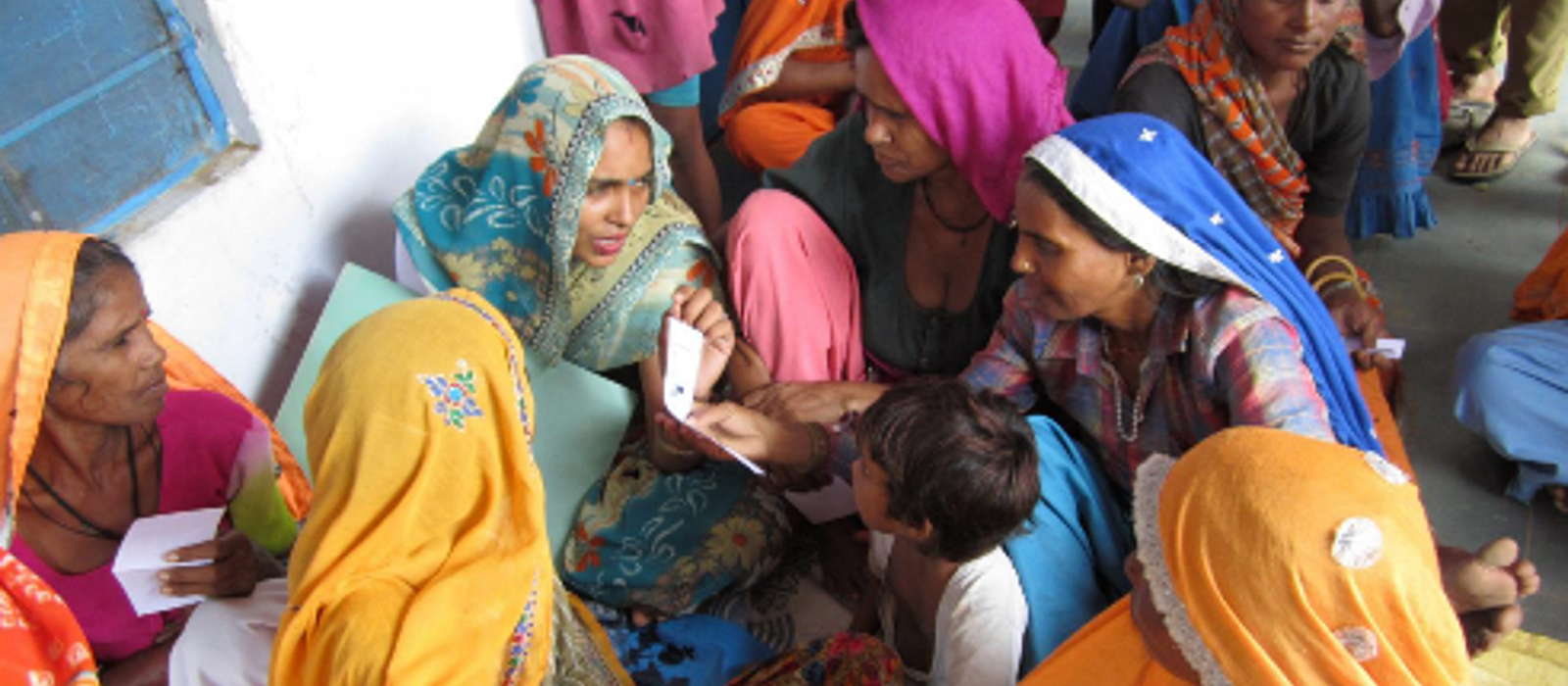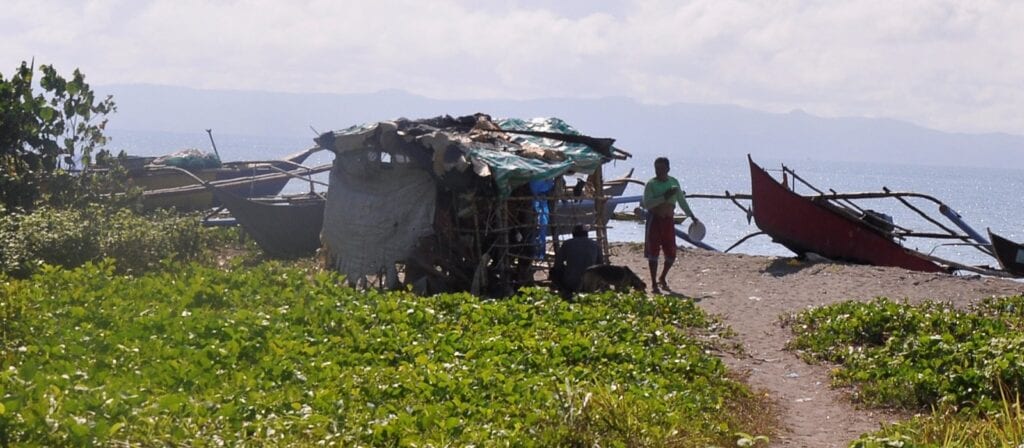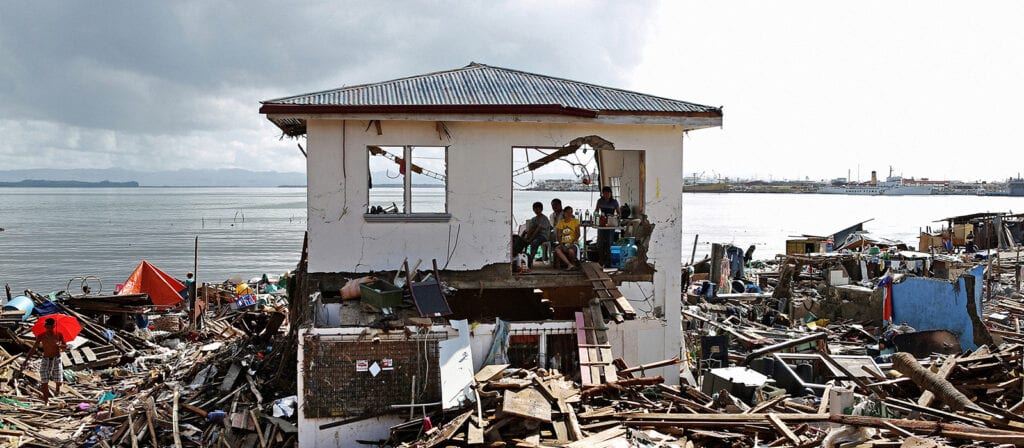New research from Lloyd’s and the Centre for Economics and Business Research (CEBR) has found that there is an estimated global underinsurance gap of USD 162.5 billion in 2018. This protection gap poses a significant threat to livelihoods in some of the world’s most vulnerable economies.
The report, entitled A world at risk: Closing the insurance gap, demonstrates how the insurance penetration rate in developed markets is twice as high as in emerging countries. Lower-income countries account for almost all (USD 160 billion or 96%) of the global insurance protection gap. Many of the countries with the lowest levels of insurance are among the most exposed to risks such as climate change and are therefore the least able to fund recovery efforts; Bangladesh, India, Vietnam, Philippines, Indonesia, Egypt and Nigeria each has an insurance penetration rate of less than 1%.
The research also found that global economic losses from natural disasters are increasing with annual expected economic losses of USD 165 billion, according to the Lloyd’s City Risk Index. The report predicts that these losses will continue to grow, driven by greater wealth, hazard exposure and, for some events, climate change.
However, the underinsurance gap, is hardly closing. In 2012 Lloyd’s and the CEBR revealed in that year’s underinsurance report that USD 168 billion in assets globally were underinsured. This means the gap has closed by less than 3% over a period of six years.
The report concludes that the impact of disasters can be reduced by investing in greater resilience, and underlines the important role that risk financing can play by providing liquidity after a disaster, protecting government balance sheets and buffering taxpayers.
Bruce Carnegie-Brown, Chairman of Lloyd’s, said: “Insurance is a major contributor to disaster recovery often providing the quickest financial crisis relief available. The terrible earthquake and tsunami disaster on the Indonesian island of Sulawesi underlines the important role that insurance can play by increasing financial liquidity in catastrophe affected areas. Innovative insurance solutions can provide governments with access to financial relief rapidly after a disaster strikes, easing the burden on them and tax payers. If insurance is not available catastrophes can have a much greater impact on economies and lives.”
In June 2016, the International Cooperative and Mutual Insurance Federation (ICMIF) launched a first-of-its-kind initiative to help reduce the protection gap by widening the reach of affordable insurance solutions in five emerging market countries; namely Colombia, Kenya, India, the Philippines and Sri Lanka (two of which, India and the Philippines, are included in the Lloyd’s report as being the most exposed to risks such as climate change).
The ICMIF 5-5-5 Mutual Microinsurance Strategy aims to provide 5 million previously uninsured low-income households with “mutual microinsurance” (ie microinsurance delivered by mutual or cooperative insurers) in the five countries over a period of five years. As well as extending the reach of affordable insurance products in the five markets, the 5-5-5 will focus on building awareness of the role of insurance, developing trust with communities and providing risk mitigation strategies which support the development of a long-term insurable population.
Country intervention programmes for the 5-5-5 have already launched in India, Kenya and the Philippines. In India, ICMIF has partnered with Mumbai-based Uplift Mutuals and Madurai-based DHAN Foundation to provide affordable health, life and livestock insurance to a combined total of 1.26 million households over a period of five years. In the Philippines, ICMIF aims to extend the reach of Microinsurance Mutual Benefit Associations with project partner RIMANSI to cover 1 million previously uninsured households with life microinsurance. ICMIF has also partnered with CIC Insurance Group (Kenya) to reach 250,000 unprotected farmers with livestock microinsurance (see project launch news story).
The ICMIF 5-5-5 Mutual Microinsurance Strategy is overseen by The ICMIF Foundation, a registered charity in England and Wales which was formed by ICMIF in 2015. The Strategy is predominantly supported directly by ICMIF member companies, and a total of 21 member companies in 15 countries have so far come together to support the 5-5-5.






